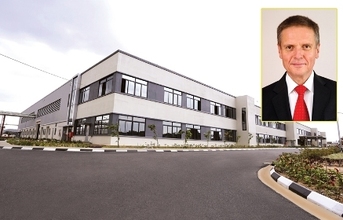
Technology trends like big data, cloud, mobile and Internet of Things (IoT) are propelling the industry towards a paradigm shift in terms of a digital transformation. Adoption of these trends is making factories ‘Smart'. So how are these trends influencing the factory environment across different functions like design, development, production, marketing & sales, delivery, and services?
Industry 4.0 impact has an overarching impact on the entire value stream. Benefits of digital transformation come from vertical integration of all functions and horizontal integration of all processes. The integration is facilitated digitally by interconnecting all the computer systems together in a smart way. Some illustrative use cases are:
- Production planning is fine tuned consistently with the real demand i.e. orders received. Flexibility increases as the production batch sizes can be really small. Down time to configure production lines is drastically reduced.
- Production planning can be optimised with actual inventory status at warehouses and dealers.
- Advanced data mining and analytics provide predictive inputs to production. It can be predicted which spare parts will be required at which dealer (geography) and at what time. The entire downstream can then be optimised accordingly.
(Continued on the next page)


























